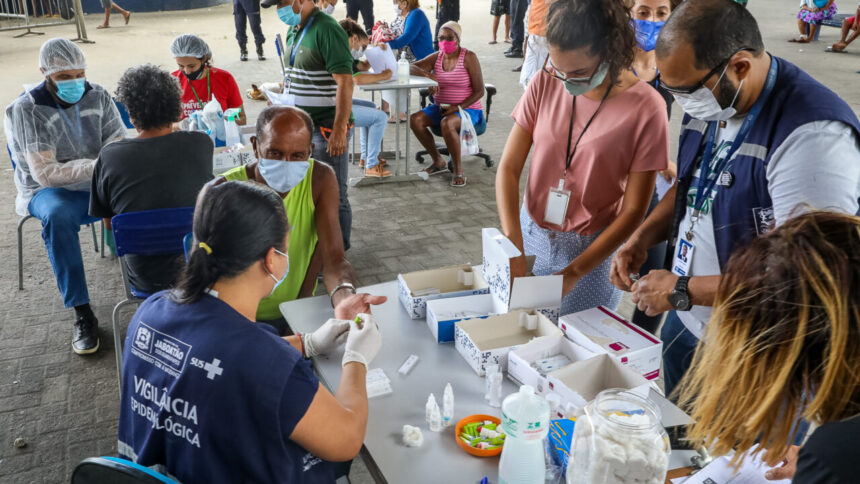Vaccinations have significantly contributed to the global effort of preventing the spread of infectious diseases. By creating what is known as herd immunity, vaccination programs protect both individuals and communities. Here is some information about the role of vaccinations in safeguarding public health, highlighting specific strategies for implementation, and discussing the benefits of sustained vaccination efforts.
Strengthening Immune Systems
At the core of vaccinations is their ability to strengthen immune systems. Vaccines work by training the immune system to recognize and combat harmful pathogens. When a vaccinated individual encounters the actual virus or bacteria, their immune system responds quickly and effectively, reducing the likelihood of severe illness. Diseases such as measles, polio, and influenza have been controlled or eradicated in many parts of the world because of this immune system priming.
Vaccinations not only protect individuals but also help mitigate the overall burden of disease within a community. Individuals who are ill require medical care, which places a strain on healthcare systems, especially during outbreaks. Widespread vaccination programs reduce the frequency and severity of outbreaks, effectively lifting this strain on resources.
Preventing Disease Transmission
Widespread vaccination prevents disease transmission by making it harder for illnesses to spread. This concept, known as herd immunity, protects those who cannot be vaccinated, such as newborns or individuals with certain medical conditions. When most of the population is vaccinated, disease transmission chains are broken. Community vaccination programs have successfully eliminated some infectious diseases. The eradication of smallpox shows how coordinated immunization efforts can stop diseases entirely.
Reducing Healthcare Costs
Apart from their health benefits, vaccinations play a practical role by reducing healthcare costs. Preventing diseases through vaccines is far more cost-effective than treating illnesses once they arise. Hospital visits, prolonged treatments, and productivity losses due to illness can lead to significant financial repercussions for both individuals and healthcare systems. By investing in vaccination programs, communities can allocate resources to other areas of need, fostering overall societal growth.
For governments and organizations, sustained vaccination programs serve as proactive measures to decrease long-term healthcare expenditures. These programs are particularly impactful in economically disadvantaged areas, where access to expensive medical treatments is often limited. Vaccinations help support healthier populations without placing undue financial strain on healthcare infrastructures.
Offering Vaccination Strategies
Effective vaccination strategies depend on easy access and education. Vaccines should be available through local clinics, mobile units, or workplace programs for convenience. Making them accessible encourages more people to participate, helping to achieve herd immunity. Educational campaigns play a key role in addressing myths and misinformation. Sharing clear, evidence-based information builds trust and motivates more people to get vaccinated.
Protect Your Community With Vaccinations
Vaccinations are one of the most effective ways to protect communities from preventable diseases. They boost immune systems, lower disease spread, and reduce healthcare costs, making them valuable for public health. Stay informed and talk to your healthcare provider about the vaccines available for you and your family. Protecting health is a shared responsibility, and getting vaccinated is a simple yet powerful step to keep everyone safe.









